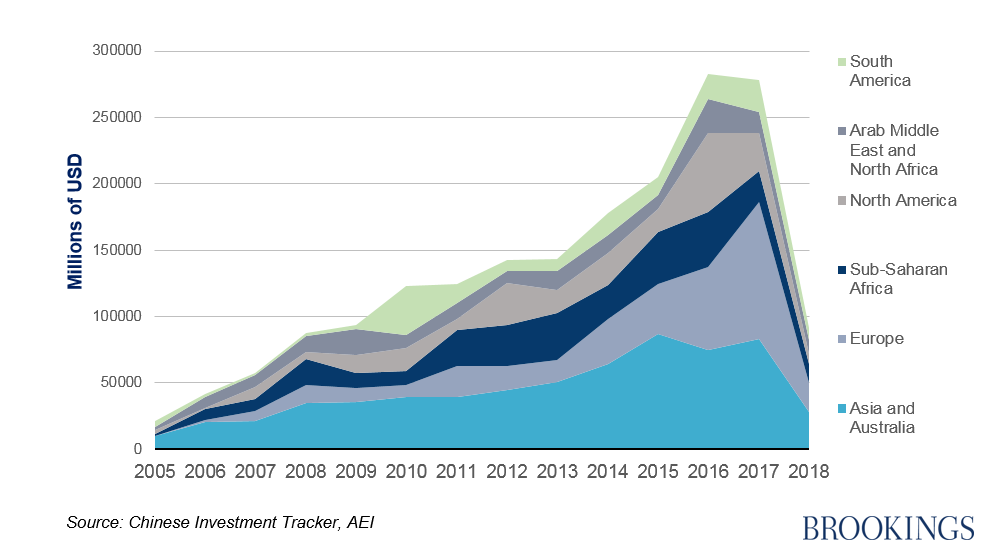In the topic synopsis, we discussed the history of foreign aid and also brought up some case studies regarding aid dependency in post natural disaster situations. Today I want to delve a little deeper into the precarious situation that many African countries find themselves in, and recent developments that could both help and harm their economic situation.
Although you should definitely shy away from making monolithic generalizations, a lot of metrics point to Africa as one of the most impoverished continents. Five out of the world's top ten poorest countries are in Africa, and most nations are plagued with corruption, human rights abuse, and general resource mismanagement. In light of all these issues and regime change, many African countries find it difficult to make notable improvements for their citizens through traditional government programs.
One proposed solution to address the continent's poverty is less political in nature. Activists and policy makers, drawing upon economic theory, are pushing towards free trade as a finally effective solution. In the age of increasing globalization and rapid removal of trade barriers, experts wonder if Africa can finally connect with the rest of the world and make use of its wealth of natural resources. Just last year, the Africa Continental Free Trade Area, covering over 1.2 billion people, was signed into effect.
We'll leave it up to you to research and draw your own conclusions about the viability of this idea, but one world power that certainly supports this idea is China. African nations received $124 billion in Chinese loans across the last sixteen years or so. In September of 2018, Xi Jinping pledged $60 billion in financial support, and even Chinese private companies continue to invest their own money into the region.
Is China seeking to only exploit Africa's rare earth minerals to propel its own economy forward? Will all these resources end up reducing poverty, or once again locking nations into a cycle of overdependence and poverty? Should the other world powers follow China's suit?
some links to read:
https://www.telegraph.co.uk/politics/2018/10/25/africa-needs-access-markets-not-dependence-aid-britain-can-provide/
https://www.brookings.edu/blog/africa-in-focus/2018/09/06/figures-of-the-week-chinese-investment-in-africa/
https://www.washingtonpost.com/news/monkey-cage/wp/2018/03/29/the-countdown-to-the-african-continental-free-trade-area-starts-now/?noredirect=on&utm_term=.7b786f81b82e

As the country of Botswana would like to suggest into understanding that the traditional usage of governmental programs doesn't produce massive amounts of increased economic sustainablity, Botswana kindly would note that the free trade shift into globalization and increased ecomonic development would overall strive and utilize a form of natural income that is formed. Having to note that Botswana is a land-locked nation, we see that not only does the free trade aspect allow the targeted African nations into development but also the growth of respective public and private relations of private corporations and their relationships with the private sectors seems to be a way to go. Having to utilize a form of increased revenue be exposed to African nations from these private corporations, the job developments would allow a form of overall growth to take place and reduce poverty in itself. Botswana hopes that within the first topic we can address solutions that would create a foundation of other fellow presenters. We hope in working with you all!
ReplyDelete